As tax laws shift, the proposed One Big Beautiful Bill Act (OBBBA) stands out as a sweeping reform with the potential to reshape the financial landscape for both businesses and individuals. While the bill is still under debate, its core proposals are already prompting taxpayers and organizations to rethink their strategies for 2025 and beyond. In this series, we’ll break down the OBBBA’s most significant changes and what they mean for you.
What is the One Big Beautiful Bill Act?
The One Big Beautiful Bill Act is a proposed piece of legislation aimed at overhauling the current tax system. While the details of the bill are still under discussion, its primary goal is to simplify tax regulations, close loopholes, and ensure that high-income earners contribute a fair share to the federal revenue.
Here are four major areas where the bill is expected to have the greatest impact:
1. Higher Tax Rates for High-Income Individuals and Corporations
One of the most notable features of the OBBBA is its plan to increase tax rates for both high-earning individuals and profitable corporations. For individuals, this means new tax brackets and higher rates for those earning above certain thresholds. For corporations, especially large and multinational businesses, the bill proposes a higher corporate tax rate and potential changes to how global income is taxed.
Why it matters:
- Individuals: High earners may see a larger portion of their income taxed at higher rates, affecting take-home pay and investment strategies.
- Businesses: Corporations will need to reassess their tax planning, profit distribution, and possibly their business structures to manage increased tax liabilities.
2. Expanded and Restructured Tax Credits and Deductions
The OBBBA aims to make the tax code more equitable by expanding and restructuring key tax credits and deductions. This includes enhancements to the Child Tax Credit, Earned Income Tax Credit, and new or expanded credits for education, healthcare, and green investments. For businesses, there are proposed credits for hiring, training, and investing in sustainable practices.
Why it matters:
- Individuals: Middle- and lower-income families could benefit from larger refunds or reduced tax bills, but understanding eligibility will be crucial.
- Businesses: Small and medium-sized enterprises may access new incentives for workforce development and sustainability, directly impacting their bottom line.
3. Changes to Capital Gains and Investment Income Taxation
The OBBBA proposes significant changes to how capital gains and investment income are taxed, particularly for high-income individuals and business owners. This could include higher rates on long-term capital gains, changes to the treatment of carried interest, and new rules for the sale of business assets.
Why it matters:
- Individuals: Investors and retirees may need to rethink their investment and estate planning strategies to minimize tax exposure.
- Businesses: Owners considering selling their business or major assets will need to carefully plan the timing and structure of these transactions to avoid unexpected tax hits.
4. Stricter Compliance and Reporting Requirements
To support its goals of closing loopholes and reducing tax evasion, the OBBBA introduces tougher compliance measures. This includes increased IRS funding, more frequent audits for high earners and large businesses, and stricter reporting requirements for certain transactions and deductions.
Why it matters:
- Individuals: Taxpayers will need to ensure their filings are accurate and well-documented, as the risk of audits and penalties increases.
- Businesses: Companies must strengthen their record-keeping and compliance processes, especially regarding payroll, deductions, and international transactions.
Why These Changes Matter for 2025 and Beyond
The OBBBA is more than just a tax bill, it’s a comprehensive overhaul that will affect nearly every taxpayer and business. Whether you’re a business owner, an investor, or an individual taxpayer, understanding these changes is essential for making informed decisions and minimizing your tax burden. Proactive planning now can help you adapt to the new landscape and avoid surprises when the new rules take effect.
What’s Next in Our Series
In the coming articles, we’ll take a closer look at each of these four areas, offering practical advice and expert insights to help you navigate the OBBBA’s changes. From strategies for high-income earners to tips for maximizing new tax credits, our goal is to keep you informed and prepared.
Stay tuned for our next instalment, where we’ll focus on how high earners and corporations can prepare for the new tax rates and what steps you can take today to protect your bottom line.
For personalized guidance, consult with Local Outsourced Accounting, we can help you navigate these changes and optimize your financial future.


